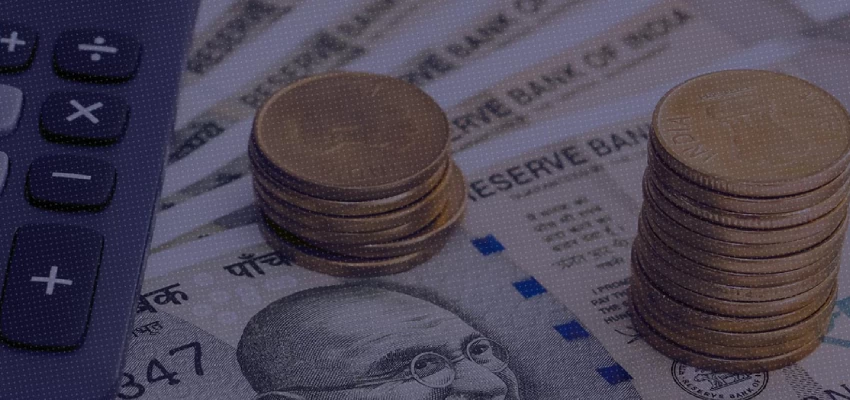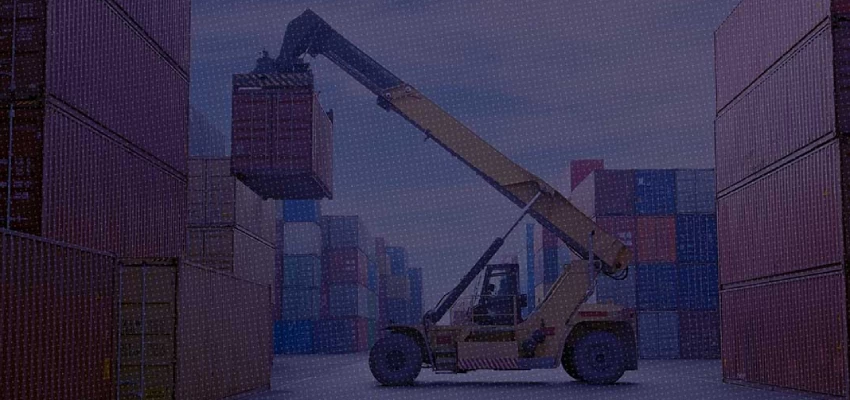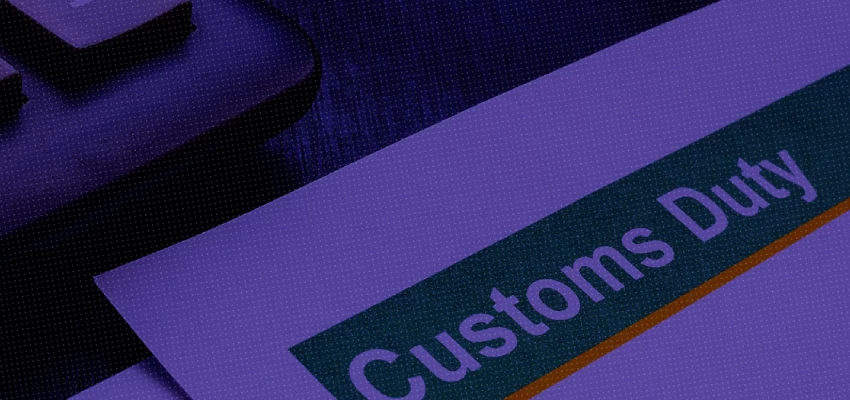The ruling of the Supreme Court in ITC v. CCE, Kolkata [2019 (368) ELT 216] has been quite unsettling for the assessees, as their refund claims are being rejected on account of non-challenge to the assessment. However, this ruling is likely to pose an issue for the department as well.
In this judgment, the Court has ruled that,
- assessment within its meaning includes ‘self-assessment’;
- a self-assessed bill of entry is an order of assessment Section 47 of the Customs Act, 1962 (“the Act”);
- a self-assessed bill of entry is an appealable order under Section 128 of the Act by ‘any person’ aggrieved; and
- refund under Section 27 of the Act is not maintainable till self-assessment is modified under Section 128 of the Act or under other relevant provision of the Act.
Thus, the Court has concluded that there is no change in position post amendment to Sections 17, 27 and 47 of the Act vide Finance Act, 2011 with eeffect ffrom 8-4-2011 and challenge to the assessment is a must for claim of refund. We feel that this was neither intended nor anticipated by the Central Government.
A reading to this judgment will give a feeling that it is a setback to the assessees as it is going to affect the cases where refund claims have been filed without challenge to the assessment by way of an appeal under Section 128 of the Act or without amendment or modification under other relevant provisions of the Act.
However, after reading the following paragraphs of this judgment, it will be realized that this poses significant challenge to the department also in raising demands:
“18. It was also urged that Section 27 is a remedy available to the assessee for the refund of duty paid and Section 28 is a remedy available to the Department on the recovery of duty not levied and short levied or erroneously levied. Both the remedies can be availed without filing appeals. It was further urged that no appeal can be filed under Section 128 of the Customs Act against the bill of entry. As the scheme of assessment under Section 17 of the Customs Act is that of self-assessment and only when such a self-assessment is disputed by the proper officer, an order of assessment is passed then he may appeal to the relevant appellate authority within 60 days of the communication of the order. It is only in a situation where speaking order is passed then the assessee is required to file an appeal. Unless a speaking order of assessment is passed, no appeal can lie and the only option for refund of duty paid is to file a refund claim. The bill of entry is merely stamped to allow clearance of the goods. No reasons are provided in the bill of entry on account of which it can be regarded as an order which can be subjected to appeal under Section 128 of the Customs Act.”
“43. As the order of self-assessment is nonetheless an assessment order passed under the Act, obviously it would be appealable by any person aggrieved thereby. The expression ‘Any person’ is of wider amplitude. The revenue, as well as assessee, can also prefer an appeal aggrieved by an order of assessment. It is not only the order of re-assessment which is appealable but the provisions of Section 128 make appealable any decision or order under the Act including that of self-assessment. The order of self-assessment is an order of assessment as per Section 2(2), as such, it is appealable in case any person is aggrieved by it. There is a specific provision made in Section 17 to pass a reasoned/speaking order in the situation in case on verification, self-assessment is not found to be satisfactory, an order of re-assessment has to be passed under Section 17(4). Section 128 has not provided for an appeal against a speaking order but against “any order” which is of wide amplitude. The reasoning employed by the High Court is that since there is no lis, no speaking order is passed, as such an appeal would not lie, is not sustainable in law, is contrary to what has been held by this Court in Escorts (supra).” … [Emphasis Supplied]
The argument put forward by the assessee before the Court was that post amendment vide Finance Act, 2011, a direct route has been given for refund under Section 27 of the Act without a challenge to the assessment. It was further explained that Section 27 remedy is similar to remedy available with the department under Section 28 of the Act wherein recovery of duties not levied or not paid or short levied or short paid or erroneous refund can be made without challenge to the original assessment. The Court in paragraph 43 of the judgement negates the above argument by holding that under Section 128 of the Act, the department can also prefer an appeal being aggrieved by an order of assessment including in case of a self-assessed bill of entry. Thus, the Court has ruled that even the department needs to challenge the assessment by filing an appeal under Section 128 of the Customs Act, 1962 before coming to demand route under Section 28 of the Customs Act, 1962.
As we all know, under Section 28 normal period of limitation is two years and extended period of limitation is five years, however, as a result of this ruling, limitation period is reduced to 90 days [60 days for filing appeal before Commissioner (Appeals) plus 30 days which are condonable]. Now, this appears to be a setback to the department.
The above proposition has been applied by the Punjab and Haryana High Court in Jairath International and Anr. v. UOI [2019 (10) TMI 642]. The Court was addressing issue of recovery of erroneous sanction of drawback claim with respect to goods already exported out of India on account of alleged overvaluation. The shipping bills in question were self-assessed and pertains to period post amendment vide Finance Act, 2011. The Court in paragraph 15 held that the customs department does not have power to reassess the value of goods already exported in the absence of challenge to the original assessment and as a result of this, no recovery is possible with respect to drawback already sanctioned.
It is not out of context to refer to the judgment of the Supreme Court in CCE v. Cotspun [1999 (113) ELT 353] passed in context of Central Excise. The Court held that demand contrary to approved classification list is to be prospective from the date of show cause notice. This judgment was further followed in another case of Addl. CCE v. Mahindra & Mahindra [2000 (120) ELT 290 (SC)]. These judgments are an authority under Central Excise that without challenge to classification list, demand cannot be raised.
Since the provisions of Section 28 are in pari materia with the provisions of Section 11A of the Central Excise Act, 1944, Supreme Court’s judgment in Cotspun’s case and Mahindra & Mahindra’s case equally applies to Customs also.
Thus, ITC ruling, and other rulings cited above will certainly help the assessees in contesting the demand within normal period of limitation in the absence of challenge to the bills of entry by the department. However, applicability of the above rulings for demand beyond normal period of limitation needs to be tested by the Courts in light of the decision of the Supreme Court in the case of UOI v. Jain Shudh Vanaspati Ltd [1996 (86) ELT 460 (SC)], wherein it was held that demand proceedings under Section 28 can survive even without challenge to assessment.
As closing remark, the ITC ruling is a boon in disguise to the assessees for contesting the demand. However, it will certainly increase litigation rather than reducing the litigation. It would be interesting to see how the Courts deal with this issue.
[The authors are Joint Partner and Associate, respectively, in Customs practice in Lakshmikumaran and Sridharan, Mumbai]












